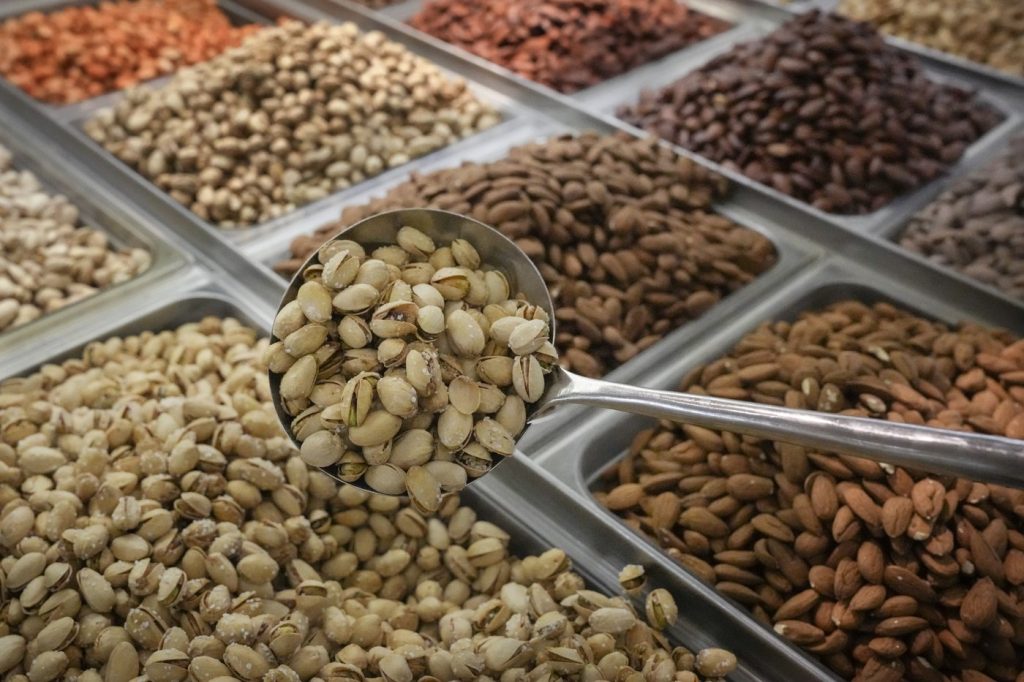TORONTO – A recent series of recalls linked to a salmonella outbreak has raised health concerns regarding pistachios and pistachio-containing products. While some health officials advise caution, suggesting that consumers do not need to avoid all pistachios, others assert it’s safer to discard any pistachio products altogether.
The Canadian Food Inspection Agency has recalled four brands associated with potential salmonella contamination over the past few weeks. The affected brands include Habibi pistachio kernels, Al Mokhtar Food Centre pistachios, Dubai brand milk chocolate bars, and Andalos brand baklava.
In terms of health impact, the Public Health Agency of Canada has reported that 52 individuals have fallen ill due to contaminated pistachios and baked goods containing pistachios, with 10 of those requiring hospitalization. Authorities acknowledge that this number likely represents only a small fraction of actual cases, as many illnesses linked to food consumption go unreported.
Identifying the specific brand of pistachios used in various food products can be challenging. April Hexemer, the public health agency’s director of outbreak management, noted that many people consumed baked goods with pistachios, and it is often unclear which brands are involved. “You wouldn’t know what brand of pistachio that would be. But it’s all part of the investigation,” she said.
The ongoing investigation has already led to the recall of baklava pastries containing pistachios sold at a bakery in Montreal, as well as Dubai chocolate bars filled with pistachio cream which were available online throughout Canada. Hexemer indicated that there may be additional products yet to be identified, though no such indication has currently been made.
Lawrence Goodridge, a professor and Canada Research Chair in foodborne pathogen dynamics at the University of Guelph, recommends taking extra precautions. He advises consumers to avoid all products containing pistachios until the Public Health Agency of Canada declares the outbreak over. While his recommendation does not imply that all pistachios are inherently contaminated, Goodridge emphasizes the difficulty for consumers in tracing the origins of their pistachios.
If consumers are uncertain whether bulk pistachios in their pantry are affected by the recalls, Hexemer suggests contacting the store where the pistachios were purchased for clarification. Additionally, she urges commercial kitchens to verify product codes against recall warnings to ensure food safety.
The primary message from the Public Health Agency of Canada is clear: individuals should dispose of any recalled pistachio products and refrain from consuming, using, serving, selling, or distributing these items. Furthermore, they have highlighted that a salmonella infection can affect anyone exposed to contaminated food and caution against preparing food for others if diagnosed with the infection.
Salmonella can spread from an infected person, particularly if they exhibit diarrhea, primarily through unwashed hands. Additionally, the agency notes that salmonella can continue to spread for days or even weeks following initial infection, regardless of whether the individual has symptoms at that time.
This report serves as a reminder of the serious implications of foodborne illnesses, and how quickly concerns can escalate when public health is at stake.











